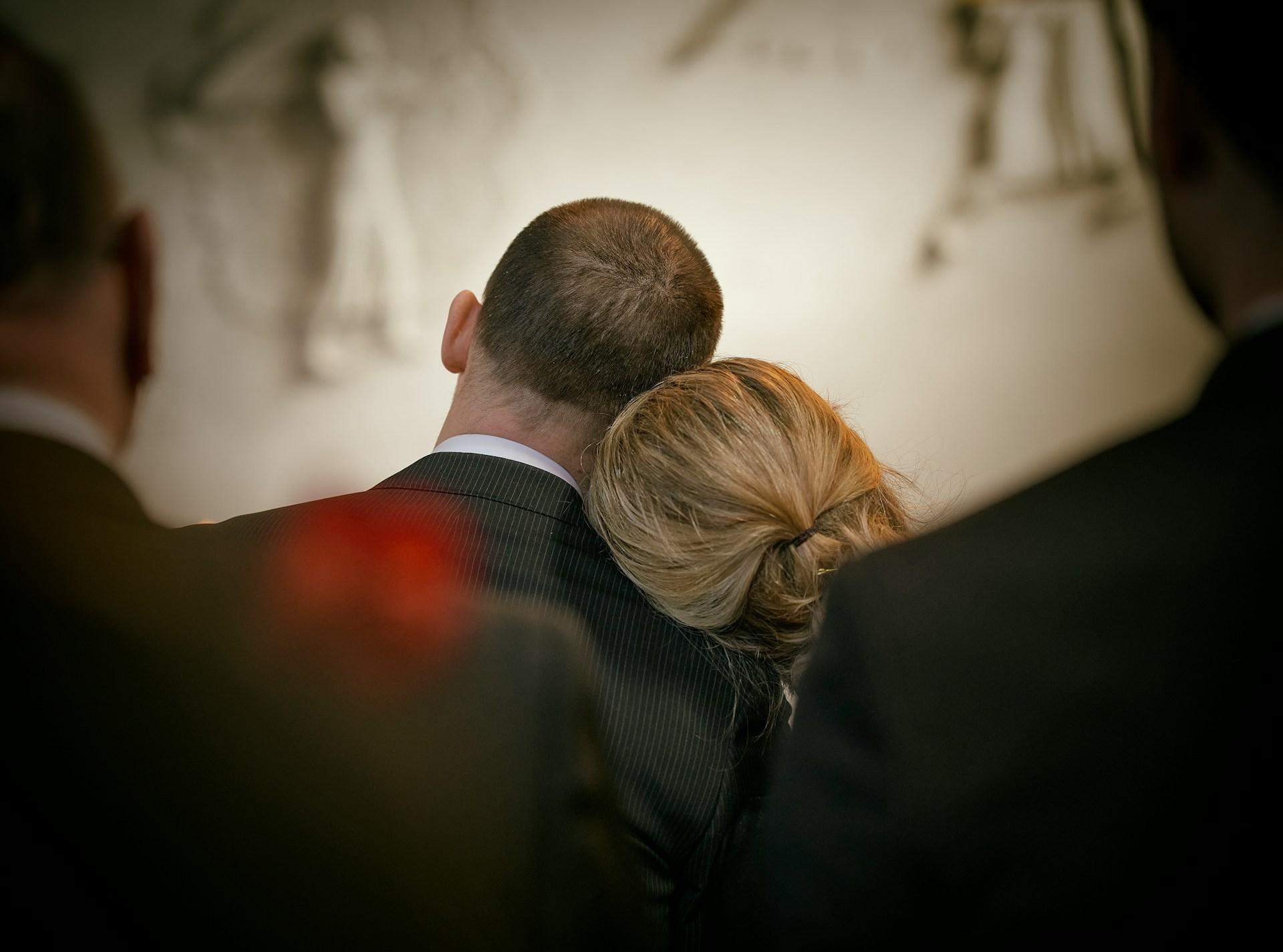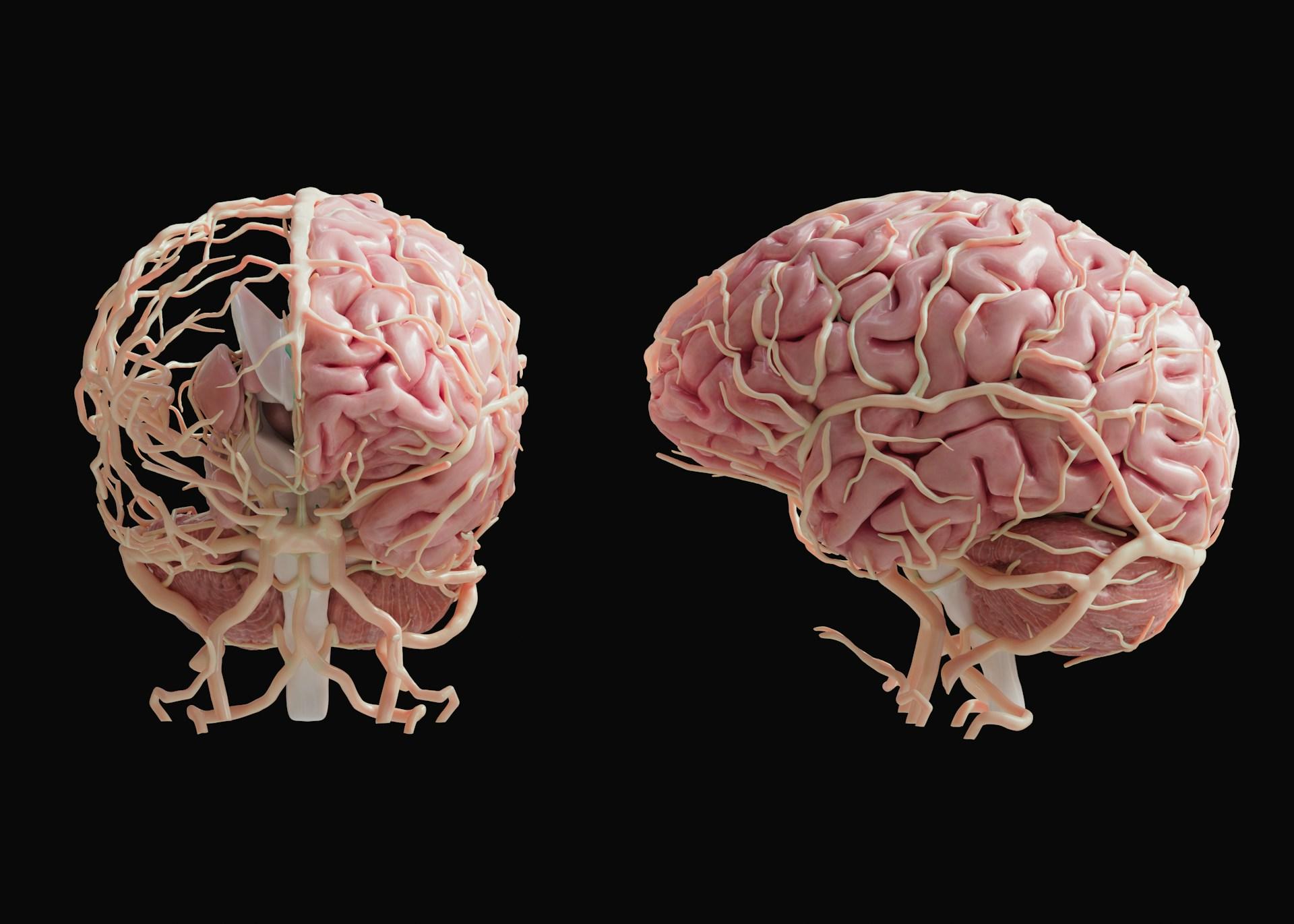Grief rarely announces itself with a clear beginning or a neat end. It slides into a life that was moving along, pulls at the threads, and asks every habit and hope to renegotiate its place. The online world prefers a tidy version of this story. A black square, a caption that sounds strong and soft at once, a carousel of memories that fits within the shape of a screen. After that, the algorithm gestures toward closure and invites you to continue as you were. Real life refuses that choreography. It does not care for milestones that can be pinned to a grid. It complicates mornings, scrambles appetites, and makes a familiar room look like a stage set for a play you do not remember auditioning for.
In the early days, you might feel that the most ordinary tasks have grown unfamiliar edges. A password slips your mind even though you typed it yesterday without thinking. The song you once used to wake yourself up becomes unbearable because it now carries the weight of a person who is not here. A mug moves from countertop to cupboard and back again because you can neither showcase it nor hide it away. None of this is dramatic. Much of grief is administrative. You learn new routines, and each one is a negotiation between what was and what now is.
People like to speak of acceptance as if it lives at the end of a road. They imagine a firm handshake with fate and a final, satisfied nod. In practice, acceptance acts more like a daily habit than a landmark. It is the decision to tolerate a morning that feels louder than it used to. It is the ability to walk past a hospital entrance without losing your breath, even if the air still changes in your chest. It is the quiet agreement that a supermarket aisle can ambush you with a product that belonged to a life you did not get to continue. Acceptance is not an event. It is a set of small permissions granted over time to a self that has been altered.
Language becomes a puzzle. You reach for phrases and find that the usual sentences feel rented, not owned. Friends arrive with loving words that sound the same because there are only so many ways to say what they mean. The gesture matters more than the novelty of the message. You discover that gratitude and irritation can sit together without canceling each other out. You are grateful for the care. You are also tired of explaining how you are, because the answer changes by the hour and feels too large for a chat bubble.
Grief works on memory as well. It does not simply remove or add. It reorganizes. Details that were once background turn precise. The sound of an old kettle. The exact shape of a laugh that you cannot reproduce. Meanwhile, the sequence of recent days may blur. Lunch disappears from recollection while the smell of a shirt from years ago arrives at full volume. This filtering is not a failure. It is a reprioritization of what matters to a nervous system that is trying to carry both history and absence.
Even style can change. Clothes that once read as power begin to feel like armor you cannot lift. You reach for softer fabrics, for quiet colors, for shoes that do not demand attention. This is not a rejection of personal taste so much as a recognition that sensation has become information. Texture calms or agitates. Weight soothes or distracts. A sweater becomes more than an outfit decision. It becomes a small act of kindness you can give yourself before you face a world that has not been briefed on your interior weather.
Grief lives in a private room, yet it requires social architecture. In person, people tend to lower their voices, adopt a careful pace, and wait for your cues. Some days you want the stories. Some days you want the silence where stories might have been. Online, the cues are more confusing. A sky photo acts as a signal one day but is just a sky the next. Someone asks if you are okay and you do not know how to answer, because the question is too large for the tools at hand. You are not okay and you are okay, both at once, depending on what part of the day you examine.
Ritual becomes a compass when calendars feel unreliable. You invent small ceremonies that do not need permission from holidays. A weekly walk with no destination acquires meaning because it repeats. You set flowers in water on an ordinary Tuesday to adjust the gravity of a heavy kitchen. You light a stove and treat the blue ring of flame as a reminder that continuity still exists in the world. These rituals do not cure. They orient. They offer a path you can follow when thinking has run out of ways to lead.
Work culture struggles to meet grief where it lives. Policies can help, but they cannot teach a mind how to concentrate again when focus feels like a toy left in another house. Deadlines are not neutral. They are agreements you made with a previous version of yourself. Many of those agreements can be honored with some bending. Some cannot. The difference between a supportive workplace and a brittle one often appears in the willingness to treat productivity as a measure of progress rather than a moral verdict. Flexibility does not erase loss, but it can protect dignity while the person learns their new capacity.
Friendships evolve. Some friends try to tune you back to your old volume because they cannot live comfortably with the new frequency. This is not villainy. It is limitation. Other friends surprise you. They turn up with soup and no questions. They text a meme you both loved years ago and allow it to be both silly and profound in that moment. They learn to accept late replies and canceled dinners without taking either as a verdict on your love for them. In this season, friendship relies less on plans and more on tolerance for the unevenness of days.
If you were raised on the idea that grief follows a formal timeline, you may feel late. Thirty days for solemnity, ninety days for tears, a year of firsts, and then a reset. Anyone who has lived through loss knows how misleading that script can be. The second year is often quieter to the outside world and just as complicated to the person living it. There is no banner to signal completion. There is only the ongoing practice of going on, which looks nothing like going back.
The body keeps its own record. Sleep becomes a negotiation. Food tastes different. You may return to recipes you can make from memory because measuring feels like a quiz. You learn which snacks are simple to eat in bed without creating a mess you cannot clean at once. Water matters and you forget it, then remember, then forget again. These are not confessions of failure. They are coordinates. They help you find your way across days that resist linear travel.
Love changes shape too. For some, it contracts into a shelter that protects what remains. For others, it expands, because the only possible response to so much absence is a wider embrace of life where it appears. You might grow kinder to strangers and less tolerant of small talk that avoids the truth you carry. You might become the person who names the thing that everyone else wants to keep at the edge of the room. Grief trims social reflexes. It encourages presence over performance, even when presence is messy and performance would earn smoother feedback.
There is a practical layer that rarely gets the attention it deserves. Paperwork waits for no one. Institutions send letters to people who can no longer read them, and you wrestle with forms that do not include an option that matches reality. You argue with a chatbot about closing an account while wearing a shirt that still smells like a person you love. It is not dramatic. It is exhausting. Systems do not grieve. People do. This mismatch is one of the quiet burdens of loss, and yet you carry your humanity into those rooms because there is no other way to proceed.
Art begins to land differently. A film that once seemed slow now feels honest because it respects time as a living material. Lyrics that you sang for years finally reveal what they meant. Catharsis cannot be scheduled, but sometimes it catches you in a supermarket or on a bus when a chord or a line drops a key into a locked part of your day. You cry in public and survive it. That survival becomes a small proof that you will survive the next time as well.
Identity does not stay intact. It edits itself to include what happened, without turning the event into the only chapter. Some people cut their hair or move to a new neighborhood. Others keep the same address and change the hours they keep or the holidays they celebrate. The question in the mirror grows sharper and quieter at once. Who are you now, with this absence stitched into your outline. There is no need for a manifesto. There is a need for time, for experiments in living that do not demand immediate coherence.
So the question remains. Can grief change a person. It can, and it does, though not always according to the public imagination. It can soften parts that once felt solid and make you stubborn about joy because joy now feels like a duty you owe to the future. It can turn you into someone who leaves the party early and also someone who texts first. It can make silence feel less like a void and more like a familiar room you can visit without fear. None of these shifts arrives at once. They accumulate. A teacup finds a new shelf. A phone background stays longer than you expected. A calendar invite moves forward one more week, and the act of moving it tells you something about endurance.
Eventually, you notice a form of peace in ordinary places. The bus stop at dusk. The neighbor who waves without the expectation of a conversation. The soft click of a door that closes well. You are not fixed and you are not ruined. You are a person who has learned to carry what is gone and what remains at the same time. The carrying is heavy, but it is also proof of love. That is one of the strange, solid gifts of grief. It trains your attention. It helps you see how much of life hides in small, repeatable things. The shadow under a plant at noon. The taste of soup when stirred slowly. The sound of a name said to no one in particular, simply to keep it warm. You may not be who you were, but you are not a stranger to yourself. You are a person who makes room, and makes meaning, and keeps going.














